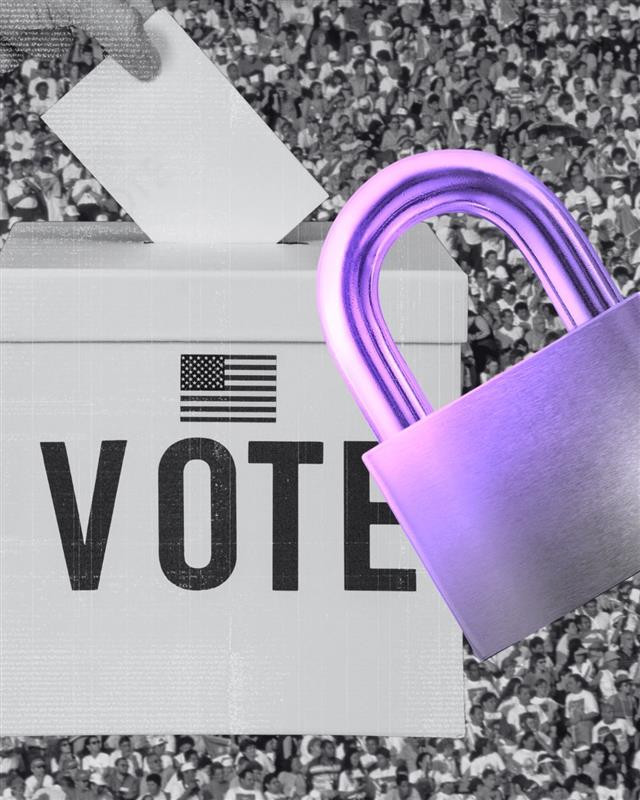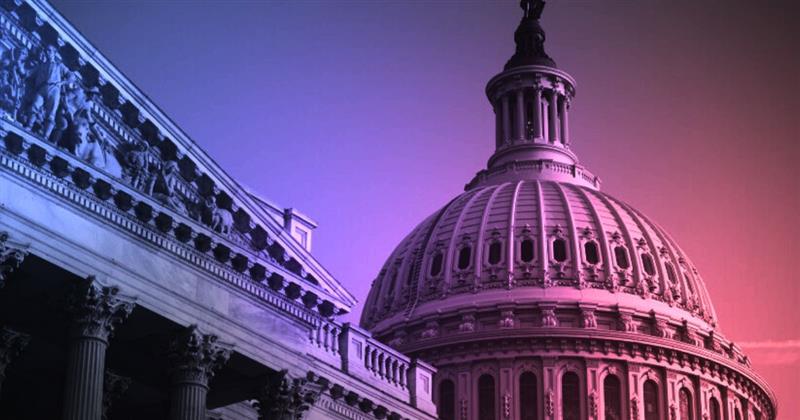Independent candidates are not spoilers—they are accountability engines. They challenge the status quo, elevate neglected voices, and force major parties to earn their support.
The Big Picture
In every election cycle, independent and third-party candidates are routinely dismissed as “spoilers”—a label that implies their presence in the race is disruptive, illegitimate, or even harmful to democracy. But this narrative is not only misleading—it’s a symptom of a political system resistant to accountability.
Independent candidates are not spoilers. They are essential to restoring integrity, responsiveness, and innovation in American politics. By challenging the two-party duopoly, they act as a check on complacency and corruption, forcing major parties to earn votes rather than assume them. This is especially true among marginalized and ideologically diverse communities who feel ignored by the status quo.
Zooming In
The Spoiler Myth: A Convenient Shield for the Status Quo
The spoiler argument assumes that votes “belong” to major parties and that any deviation from the binary choice is a threat. But this view treats voters as partisan assets rather than autonomous individuals. It also ignores the growing number of Americans who reject both parties entirely.
According to the Independent Center, 51% of Americans now identify as independent—more than either Democrats or Republicans. These voters are not undecided or uninformed; they are values-driven, pragmatic, and deeply dissatisfied with partisan gridlock. They want solutions, not slogans.
Accountability Through Competition
Independent candidates play a vital role in holding major parties accountable. In a two-party system, it’s easy for both sides to become complacent—relying on tribal loyalty rather than delivering results. Independent challengers disrupt that comfort zone.
When independents run, they force major candidates to address neglected issues, clarify their positions, and engage with broader constituencies. This pressure is especially important in communities that feel politically homeless—young voters, rural voters, immigrants, and others who don’t see themselves reflected in either party’s platform.
The Independent Center’s research shows that 70% of independents want viable third-party candidates, and 66% feel their voices are not heard in Washington. These numbers reflect a hunger for competition—not just in elections, but in policy. Independents favor choice in education, healthcare, and governance. They want leaders who prioritize solutions over ideology.
Independents Are the New Majority
The idea that independent candidates “split the vote” is outdated. In reality, independents are now the largest and most decisive voting bloc in America. In the 2024 election, independents outvoted Democrats and came within one point of Republicans. They also split their tickets—voting for Trump at the top while backing Democratic Senate candidates in key states. This behavior shows that independents are not spoilers; they are strategic voters who prioritize issues over party loyalty.
This shift is driven by Millennials and Gen Z, who are breaking with older generations’ partisan habits. These younger voters are pragmatic, values-driven, and increasingly independent. They are reshaping the political landscape—and any party that ignores them does so at its own peril.
Independent Candidates Elevate Neglected Voices
Major parties often cater to their base, leaving out voices that don’t fit neatly into partisan categories. Independent candidates give those voices a platform. Whether it’s criminal justice reform, climate action, or government ethics, independents often champion causes that resonate with the public but lack traction in partisan circles.
This is especially important for communities that have been historically marginalized. Independent candidates can speak directly to their concerns without being constrained by party orthodoxy. They can propose bold reforms and build coalitions across ideological lines.
As the Independent Center notes, independents overwhelmingly favor bipartisan leadership and pragmatic governance. They reject extremes and demand accountability. Independent candidates embody that ethos.
The Path Forward: Reforming the System
If we truly want to eliminate the spoiler effect, we should reform the electoral system—not suppress competition. Ranked-choice voting, for example, allows voters to rank candidates by preference, ensuring majority support without punishing third-party participation. It’s a simple fix that empowers voters and encourages more diverse representation.
The Independent Center found that 56% of Americans want more political options, and 48% support systems that ensure majority-backed candidates. This is a clear mandate for reform.
Independent Lens
Independent candidates are not spoilers—they are accountability engines. They challenge the status quo, elevate neglected voices, and force major parties to earn their support. In doing so, they strengthen democracy and reflect the values of a growing majority of voters.
As partisanship deepens and trust in institutions erodes, independent candidates offer a path forward—one rooted in principle, pragmatism, and public service. It’s time to stop treating them as threats and start recognizing them as the leaders our democracy needs.


.jpeg)


.jpg)